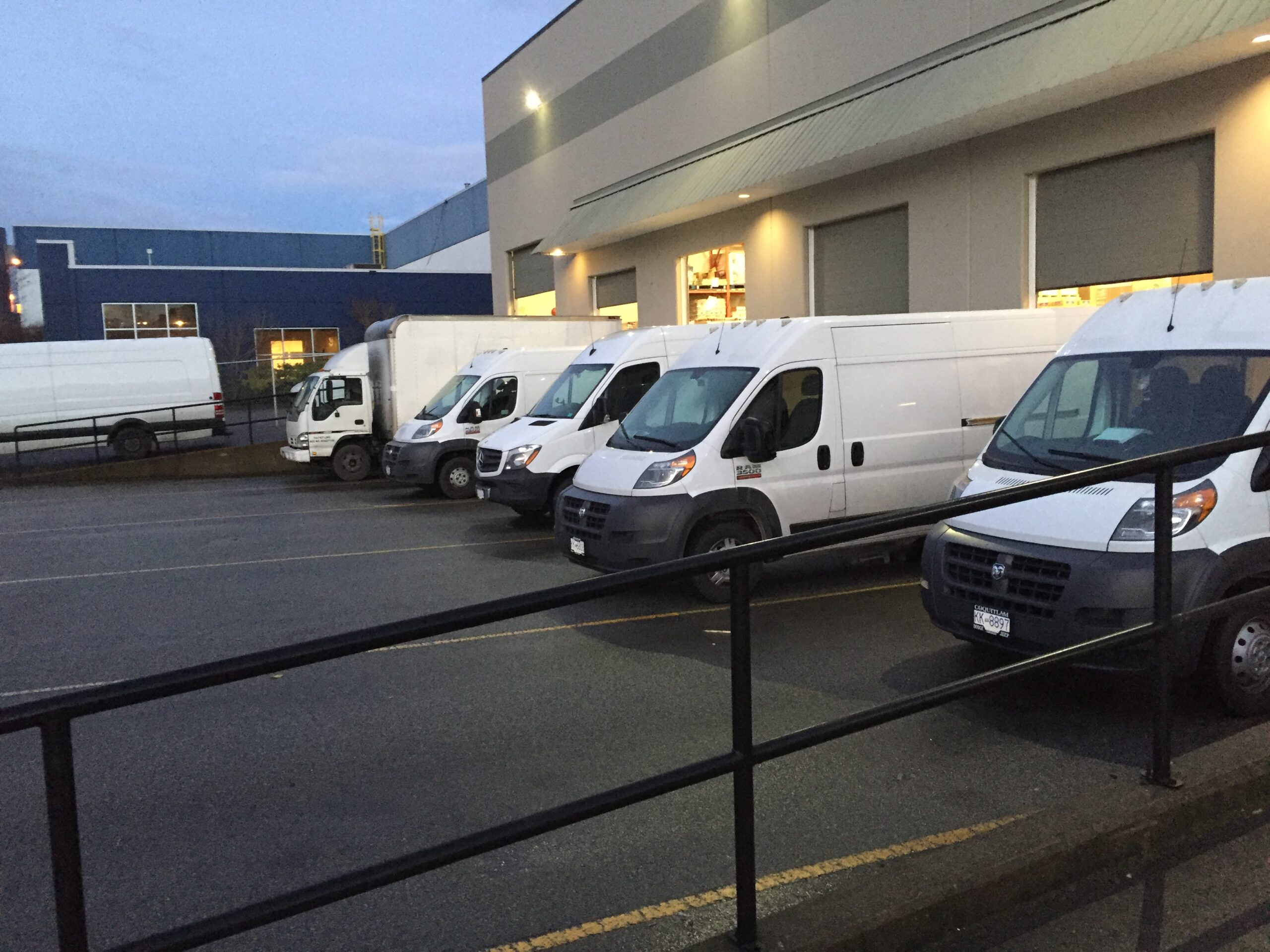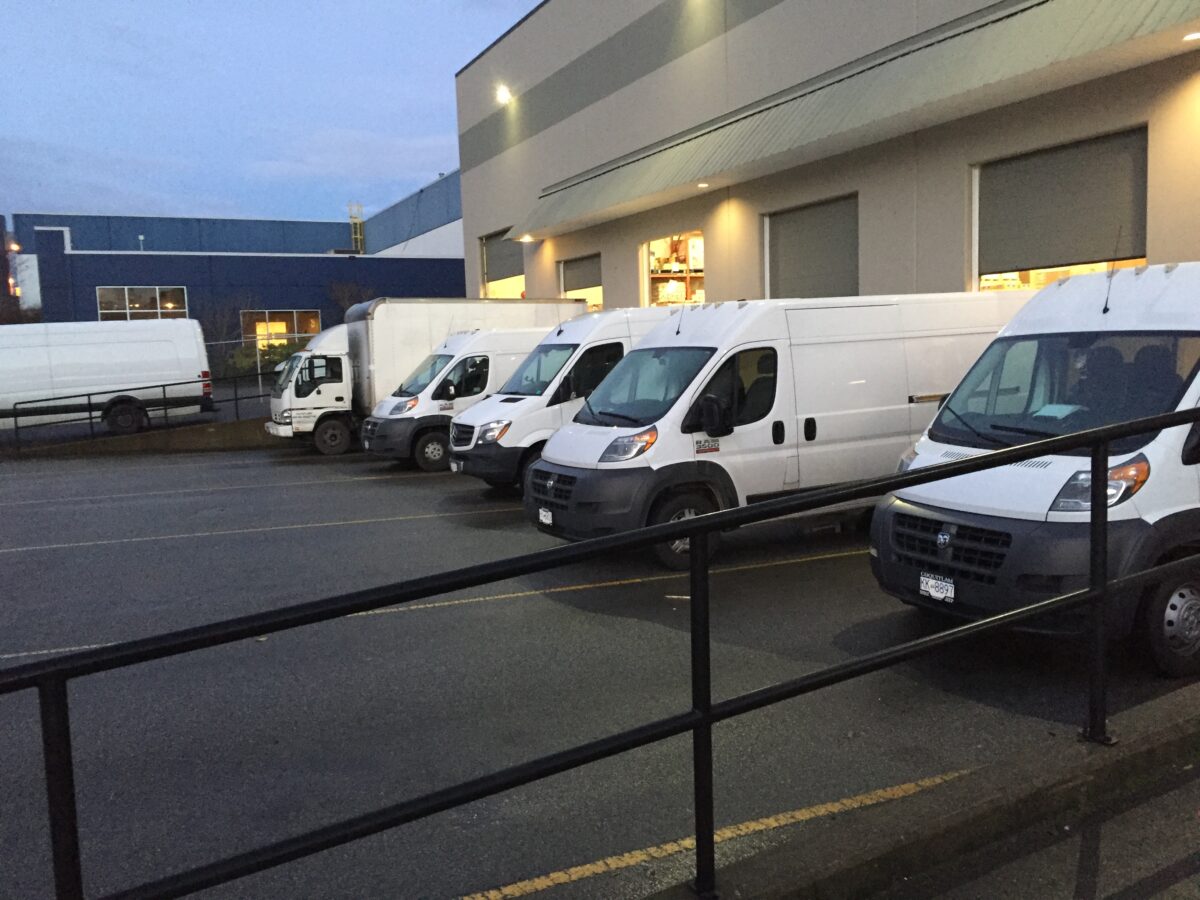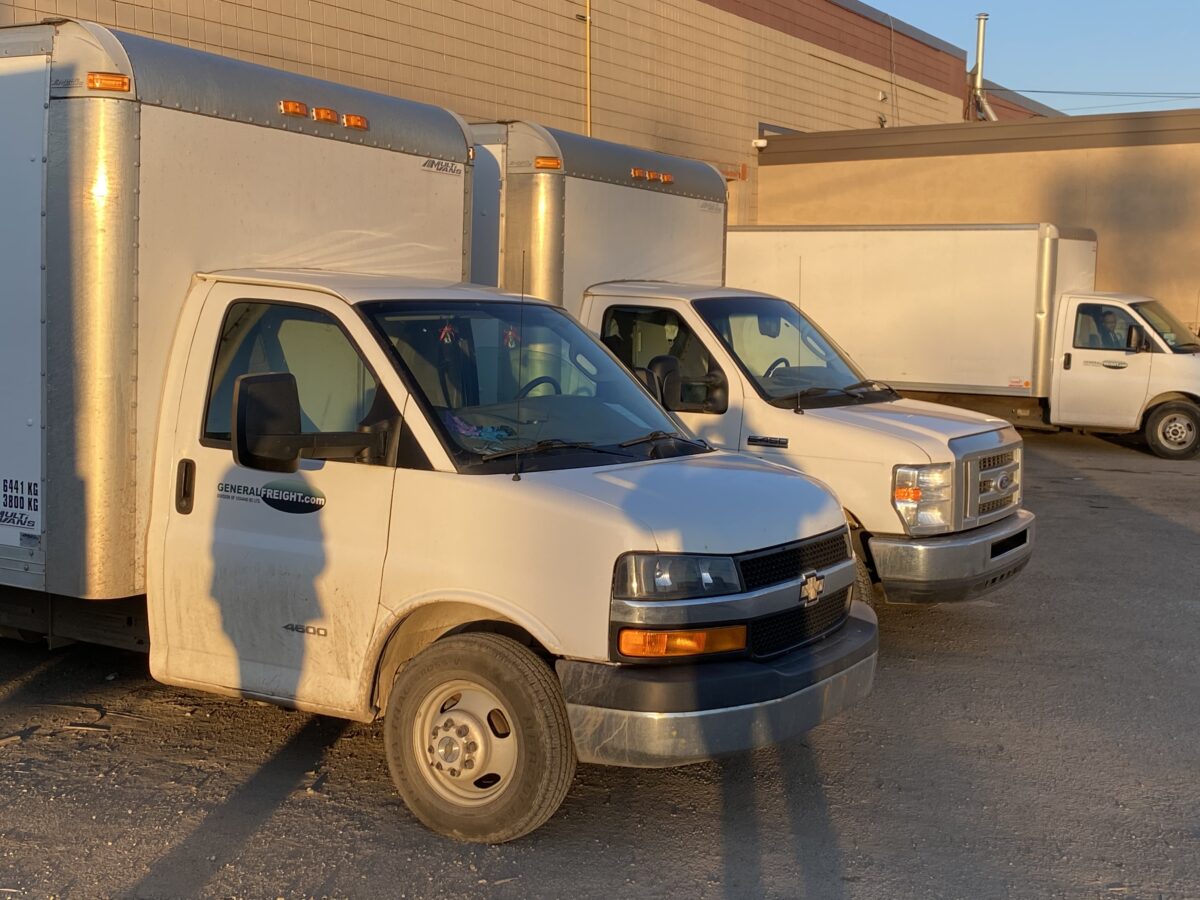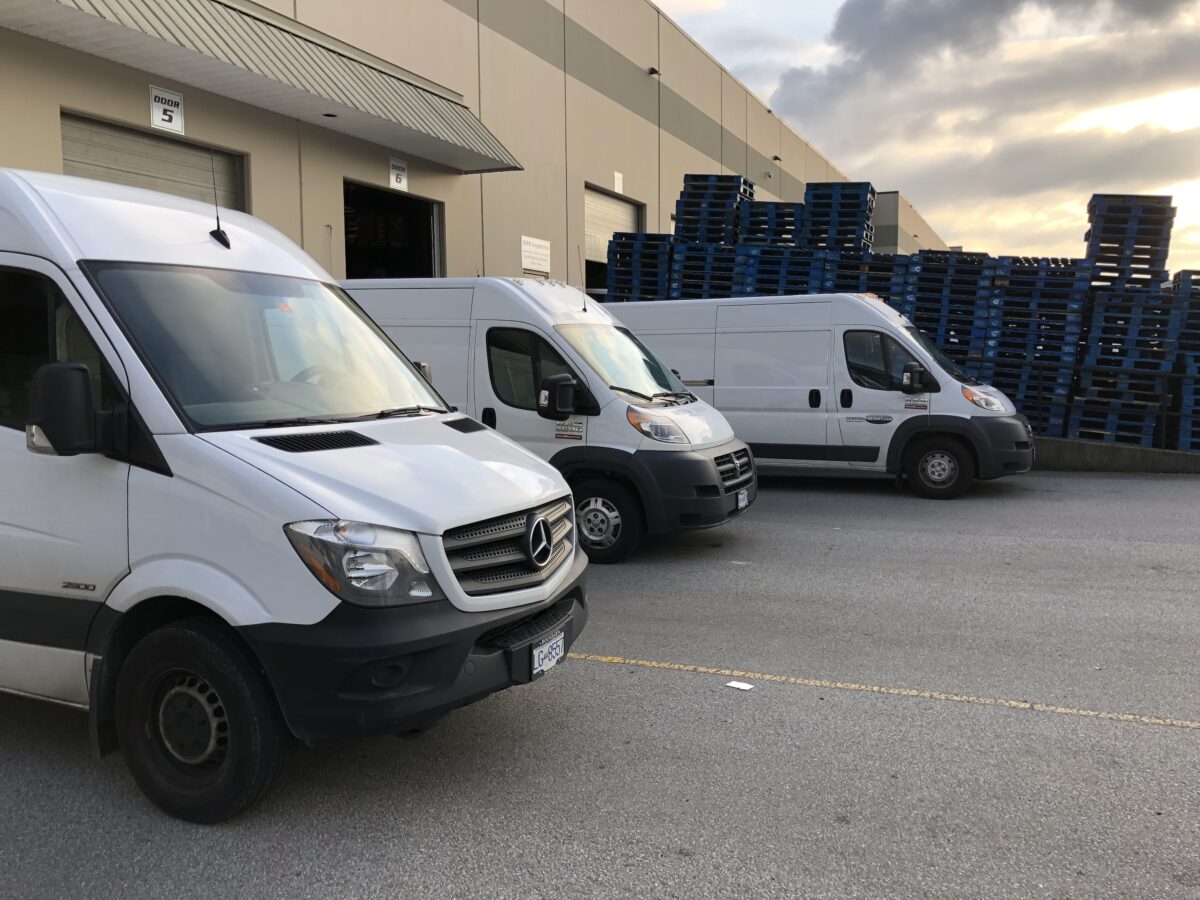Amazon quit Quebec. This little-known company will try to fill the void
MONTREAL — In shutting down the entirety of its Quebec distribution network, Amazon has avoided having to contend with what would have been its first unionized workforce in North America. It might now have no warehouses in Quebec, but Amazon is still beholden to its mantra of fast, frictionless delivery. In Quebec, that burden is now on the shoulders of Intelcom, a courier company run out of a nondescript building in Montreal’s Griffintown neighbourhood.
It’s one hell of a burden—and a gap. In Quebec, the magic trick of next day Amazon Prime delivery required some two million square feet of bespoke warehouse space, built over five years at a price tag running well into nine figures, and more than 4,500 workers. That infrastructure is now being mothballed, for reasons Amazon says have nothing to do with the successful unionization of workers at its Laval DXT4 facility in May. Intelcom is now on a hiring spree and has leased 350,000 square feet of warehouse space for the occasion.
If Intelcom has shown anything over its nearly 40-year existence, it’s the uncanny ability to adapt with the times. It was founded in the bike courier heyday of 1986, when Montreal was headquarters for an almost comical number of companies plying their trade on two wheels.
Intelcom has since metamorphosed again. Today, it is less courier than a logistics tech stack directing a small army of subcontracted drivers and independent delivery contractors across Canada, the U.S. and Australia. Call it the Uber of last-mile package delivery, complete with an Uber-like appetite for cost-cutting and market share.
Backed by the Business Development Bank of Canada, as well as an investment worth more than $50 million from Quebec public pension fund manager Caisse de dépôt, Intelcom now has 2,500 employees and more than US$300 million in revenue.
Intelcom CEO Jean-Sébastien Joly arrived at the company in 2006 and has been the driving force behind Intelcom’s transformation. Stingray Digital president Eric Boyko is among the company’s board members. The Caisse, already smitten with Intelcom’s head-first dive into techdom, is positively bullish on the company’s ability to help employ the thousands of people, including delivery service partners, left behind when Amazon quit Quebec. And while Intelcom may be made-in-Montreal, it has taken on a certain Amazon-like embrace of discretion. My interview requests to Joly, brother of foreign affairs minister Mélanie, were ignored.
Regardless, it’s becoming clear how Intelcom will fill Amazon’s Quebec-sized vacuum. The company’s 350,000 square foot chunk of warehouse space, first reported by La Presse, is located off the Trans Canada highway in the Saint-Laurent borough of Montreal—smack in the middle of the city, about a two hour drive from the Amazon YOW1 warehouse in Ottawa. It’s roughly the same size as Amazon’s former DXT6 facility in Montreal’s Lachine borough, which had served as the company’s last-mile hub from Montreal.
None of this is coincidence, said Marc Wulfraat of MWPVL International, a Montreal-based supply chain consulting firm. The new Intelcom building, Wulfraat told me, “is going to be purely a delivery station for the greater Montreal region, and the distribution centre process will be pushed back to Ontario.”
No doubt, Amazon is a big opportunity for Intelcom. Yet the potential pitfalls are many. Amazon despises tardiness, for one. In agreeing to service the firehose that is Amazon, Intelcom must at once be fast and safe. As my colleague Catherine McIntyre noted in 2022, Intelcom drivers themselves say it’s often impossible to be both.
Then there’s the company itself—or, at least, what it has become. Pulling off the next-day delivery magic trick is a gruelling, difficult job and the internet is replete with tales of Intelcom’s alleged tendency to underpay and overwork its charges. And as Amazon found, Quebec unions are particularly efficient at turning worker discontent into successful organized labour campaigns. Amazon was once a ripe target. Intelcom might well be the next.


 Introduction:
Introduction:






